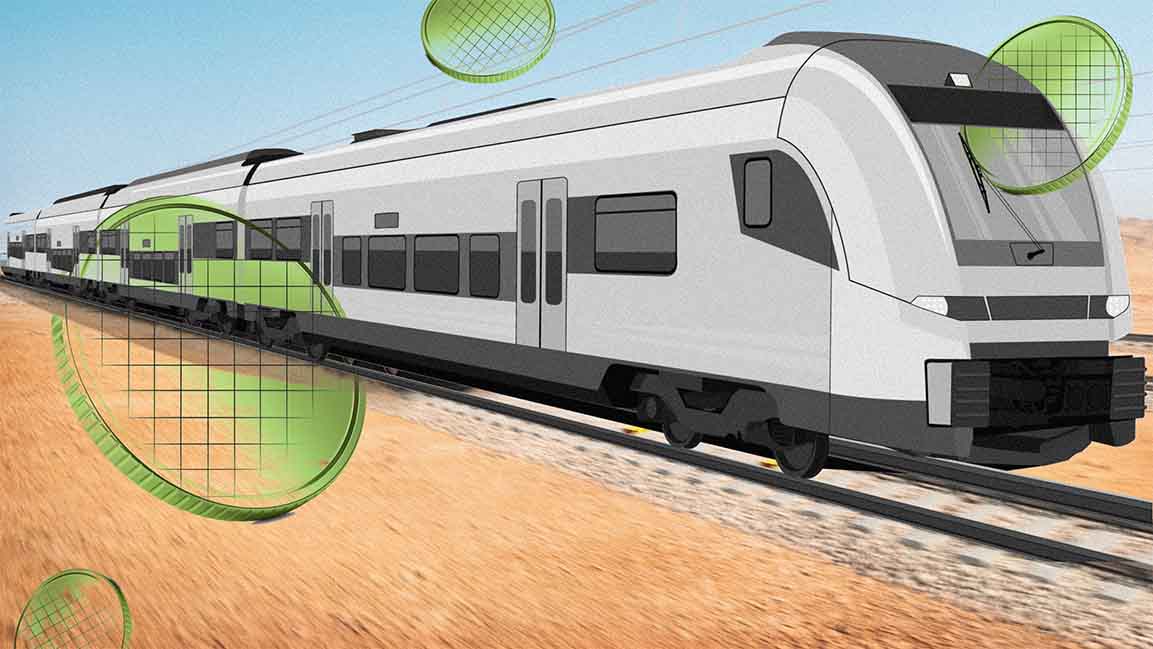- | 12:00 pm
Egypt secures $345 million financing for electric train project
Ain Sokhna on the Red Sea and Marsa Matrouh and Alexandria on the Mediterranean will be linked by a 660-km railway project in Egypt.

In the past few years, Egypt has been laying the foundations for sustainable and green transportation based on environment-friendly technologies through many projects covering roads, rail, rivers, and ports. The transportation sector accounts for 23% of the country’s total greenhouse gas (GHG) emissions, occupying the second position after the electricity sector.
Recently, the Islamic Development Bank (IsDB) approved $344.5 million for financing for Phase I of the Electric Express Train Project in Egypt. This project is expected to benefit 25 million people annually and decrease GHG emissions by approximately 250,000 tons of CO2 annually.
According to a statement, Ain Sokhna on the Red Sea and Marsa Matrouh and Alexandria on the Mediterranean will be linked by a 660-km railway project in Egypt.
“The transformative projects approved in this board meeting will have a significant impact on improving transportation, education, and energy, as well as promoting regional economic integration and addressing emergencies,” said Muhammad Al-Jasser, president and board chairman of IsDB.
The electric express train is being used to connect all of Egypt’s governorates. It comprises three lines, each with 60 stations and a length of around 2000 km. First, with 22 stops and roughly 660 kilometers, the first line runs from Ain Sukhna to Hadayek October, Alexandria, El Alamein, and Marsa Matrouh.
Second, with a length of 1400 km west of the western desert road and 35 stations, the second route runs from the October station to Fayoum/Beni Suef-Abu Simbel city—three stations over 225 kilometers.
Third, with an average of 30 to 50 miles separating each pair of stations, this train has considerable gaps between each stop.
Meanwhile, a deal was struck between Egypt and Siemens Mobility last year for the construction of a new high-speed rail route. When compared to trips by bus or automobile, Siemens Mobility claims that electrifying the network will reduce carbon emissions by 70%.































